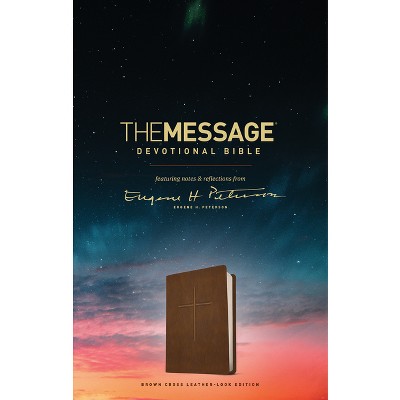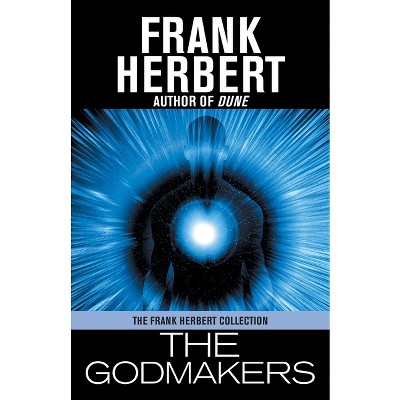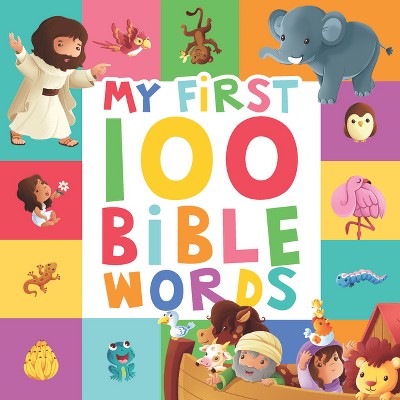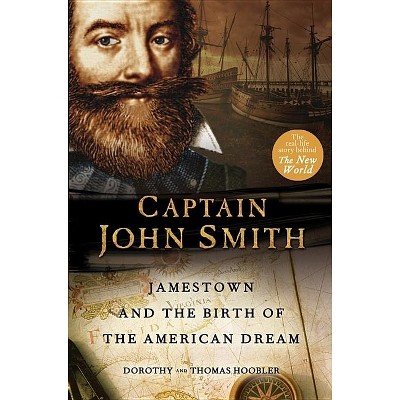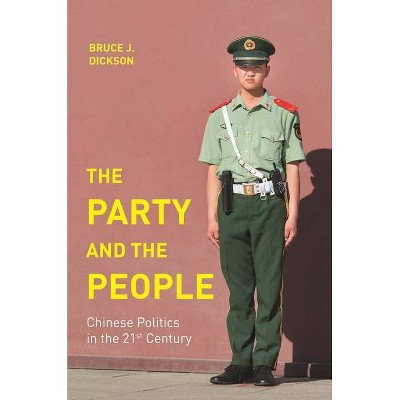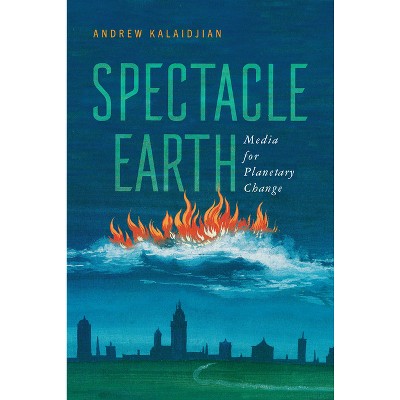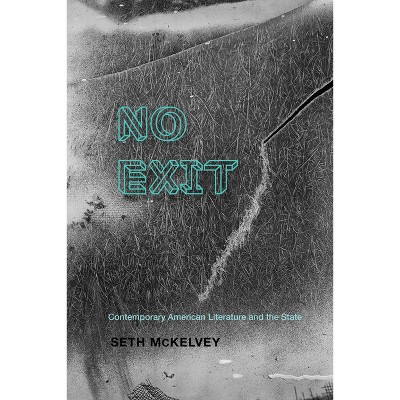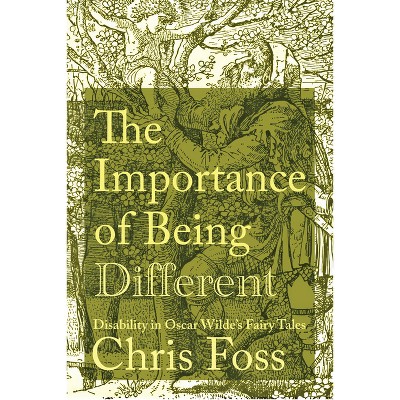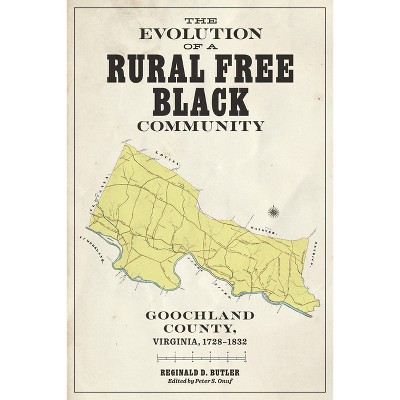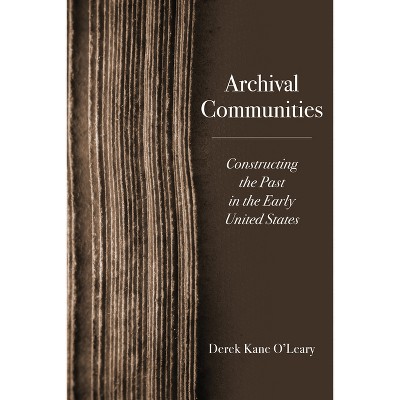Sponsored

Earnestly Contending - by Dickson D Bruce (Hardcover)
In Stock
Sponsored
About this item
Highlights
- In Earnestly Contending, Dickson Bruce examines the ways in which religious denominations and movements in antebellum America coped with the ideals of freedom and pluralism that exerted such a strong influence on the larger, national culture.
- About the Author: Dickson D. Bruce Jr., Professor Emeritus of History at the University of California, Irvine, is the author most recently of The Kentucky Tragedy: A Story of Conflict and Change in Antebellum America and The Origins of African American Literature, 1680-1865 (Virginia).
- 224 Pages
- Religion + Beliefs, Christianity
Description
About the Book
He goes on to show how issues from that era have continued to play a role in American religious thinking, and how they might shed light on the controversies of our own time.Book Synopsis
In Earnestly Contending, Dickson Bruce examines the ways in which religious denominations and movements in antebellum America coped with the ideals of freedom and pluralism that exerted such a strong influence on the larger, national culture. Despite their enormous normative power, these still-evolving ideals--themselves partly religious in origin--ran up against deeply entrenched concerns about the integrity of religious faith and commitment and the role of religion in society. The resulting tensions between these ideals and desires for religious consensus and coherence would remain unresolved throughout the period.
Focusing on that era's interdenominational competition, Bruce explores the possibilities for and barriers to realizing ideals of freedom and pluralism in antebellum America. He examines the nature of religion from the perspectives of anthropology and cognitive sciences, as well as history, and uses this interdisciplinary approach to organize and understand specific tendencies in the antebellum period while revealing properties inherent in religion as a social and cultural phenomenon. He goes on to show how issues from that era have continued to play a role in American religious thinking, and how they might shed light on the controversies of our own time.
Review Quotes
In this bold and compelling work that came from an 'avowedly presentist' impetus, Bruce copiously investigates what religion demands of believers and society. He does so by exegeting the myriad and many arguments of American laity and clergy working out the dynamics and dialectics of antebellum religious interests and the meanings of freedom and tolerance. By deftly separating the rhetorical claims of tolerance amid diversity from the realities of behavior, Bruce shows the contradictions disrupting national unity. The result is a book that is both a creation story of American religious exceptionalism and a prophecy on the social, cultural, and political troubles that such a conceit begat. More so, it is a probing and provocative analysis of the way the sacred and the profane contest for public space and morality that speaks to such concerns today.
--Randall M. Miller, Saint Joseph's UniversityReligious belief and civility often coexist precariously. In America, a pious and also freedom-loving nation, there is a special mandate to strike a balance. Clearly, Americans today continue to seek answers to this dilemma, and the open-ended nature of the question makes Professor Bruce's work especially welcome. His book deals intelligently and elegantly with tremendously important issues of faith, freedom, and tolerance.
--Anne Rose, Penn State University, author of Beloved Strangers: Interfaith Families in Nineteenth-Century AmericaThe unusual approach to this entire subject adopted in Earnestly Contending--using a particular historical period to advance a theoretical argument about the nature of religion and toleration--certainly provokes interest. Bruce is thoroughly familiar with the religious writers of the early nineteenth century, and has read widely in the secondary literature by religious historians as well as influential contemporary theorists of religion.
-- "H-Net Reviews in the Humanities and Social Sciences"About the Author
Dickson D. Bruce Jr., Professor Emeritus of History at the University of California, Irvine, is the author most recently of The Kentucky Tragedy: A Story of Conflict and Change in Antebellum America and The Origins of African American Literature, 1680-1865 (Virginia).
Shipping details
Return details
Frequently bought together

Trending Non-Fiction





